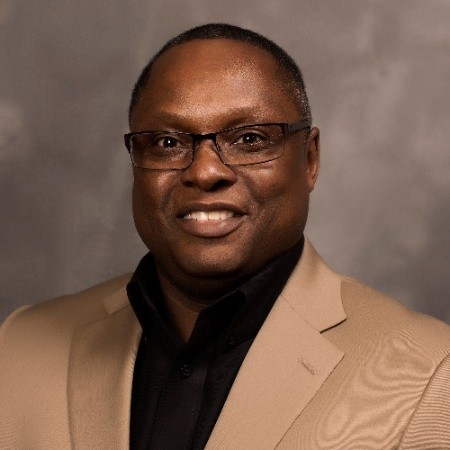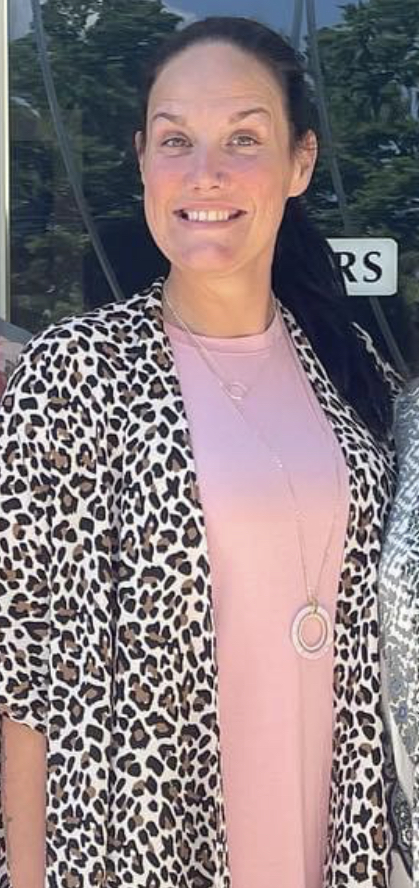Bass, Anthony, MA, MSW
Anthony D. Bass was born and raised in St. Louis Missouri and has over twenty-five years of experience that encompasses acute psychiatric complexities, dual diagnosis disorders, substance misuse, crisis and couples counseling, as well as individual, group, and family therapy; death and dying, critical incidence debriefings, and is well versed in addressing or educating on matters involving HIV/STD’s. In addition, Mr. Bass has worked with thousands of various offenders transitioning in and out of federal and state probation and parole systems. Mr. Bass’s years of experience as a direct service provider includes working as a Team Leader, Program and Clinical Director in the mental health and Substance Use Disorder arena.
Mr. Bass has been instrumental in the development of Substance Use Disorder Medical Detox, In and Outpatient, Residential, and Chronic Pain programs and has a strong ten-year background working as a Medical Social Worker. In April of 2016 he was nominated and awarded the St. Louis American Foundation’s Excellence in Health Care award. He is the founder of two nonprofit organizations and is currently in private practice working with Police Offices and other First Responders.
Mr. Bass earned master’s degrees in Community Counseling from the University of Missouri St. Louis, Management and Leadership from Webster University, and Social Work from St. Louis University. Mr. Bass is a Licensed Professional Counselor and Registered Substance Use Counselor in the State of Missouri. Mr. Bass holds certifications for Anger Management, Clinical Trauma Treatment, Clinical Anxiety, and Dialectical Behavioral Therapy (DBT). Mr. Bass has also been trained in Cognitive Behavioral Therapy (CBT), Solution Focused, and EMDR methodologies.
M.Ed., MA, MSW, RADC, MARS, CCATP, AMTP, CCTP, CDBT, LPC
Presentation(s):
The Impact of Adverse Childhood Experiences & Trauma on Men and Women of Color



